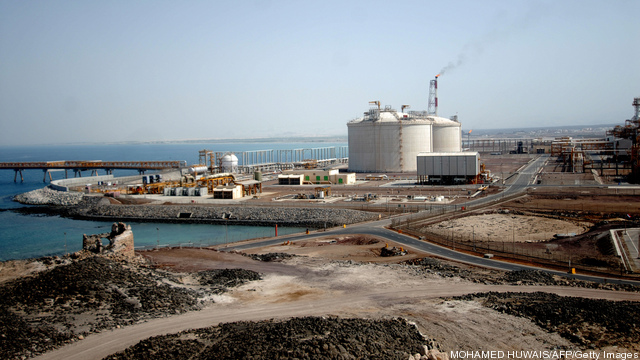The big news in US energy on Friday was the Department of Energy’s decision to grant Freeport LNG a license to export domestically-produced gas to countries with which the US does not have a free-trade agreement.
Freeport is the second US LNG export project to obtain non-FTA export approval. New approvals had been on hold since the issuance of Cheniere Energy’s non-FTA export license from the Sabine Pass facility prompted loud opposition from some companies that rely on natural gas as feedstock.
There are many more projects in the queue awaiting non-FTA export licences, and it remains unclear how quickly the DOE will proceed with issuing additional licences. There are arguments both for and against restricting the volume of natural gas that should be approved for export from the US, though economists maintain that the market will likely set limits without government interference.
Dow Chemical, surprisingly, supports DOE decision
Trade group the Center for LNG commended the DOE for its decision, while the Sierra Club said it was “a bad deal all around”. Dow Chemical, which has spearheaded opposition to “unfettered” US LNG exports, issued a surprise statement in support of the decision as part of a “measured and balanced approach” to exports.
Dow Chemical has a 15% in the Freeport LNG import terminal. Critics of Dow’s position on LNG exports have argued that limitations on the number of plants receiving non-FTA export licenses would offer an automatic advantage to Freeport, given its place high up in the queue of projects under consideration for approval.
New York Times publishes “Energy Exports are Good!” Op-Ed
Joe Nocera took Dow Chemical CEO Andrew Liveris to task in a May 17 op-ed that exporting natural gas will be enormously beneficial to the US economy.
“Liveris’s plan for ensuring cheap domestic gas was — are you ready for this? — limiting exports. An export market driven by, you know, supply and demand was described as “unchecked.” What was left unsaid was that if natural gas could not be exported, the resulting oversupply would depress prices — and boost Dow’s profits.”
Bloomberg editors penned an op-ed in favor of LNG exports on May 8, on the grounds that exports would help balance US trade and mitigate the “unsettling” rise in US coal exports to Europe.
“Exporting coal works against the progress the U.S. has made in lowering its own greenhouse-gas emissions by replacing coal power with cleaner-burning natural gas.”
Natural gas prices rally
Natural gas prices rallied 5% on the back of the DOE’s announcement that Freeport LNG was granted a 20-year license to export 1.4 billion cubic feet per day of LNG to non-FTA countries, according to Bloomberg.
Inevitable litigation could delay further approvals
Opposition might delay the next non-FTA export approval until year-end, according to analysts at Citigroup. The next project in line for consideration under DOE’s first-come, first-served system is Lake Charles LNG, which is seeking permission to export 2 billion cubic feet per day.
“Potential concerns on litigation if delays on approval decisions are unduly could push up the approval timeline,” said Citi in an oddly-worded note to clients. We think this means that litigation could delay additional non-FTA export approvals. Citi analysts also noted that the White House remains concerned about uncertainty over the volume of US shale resources, and the possibility that exports could push up prices.

